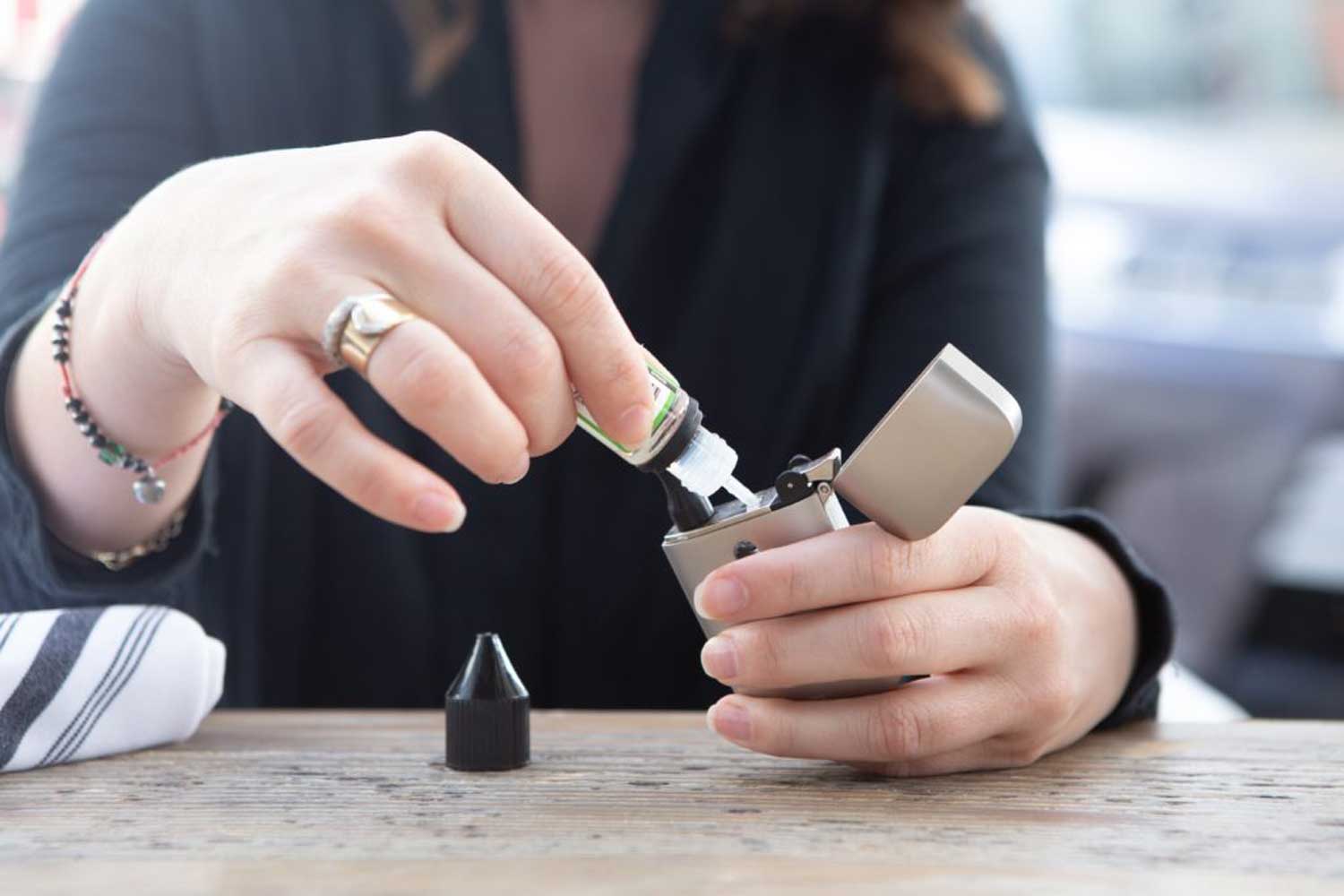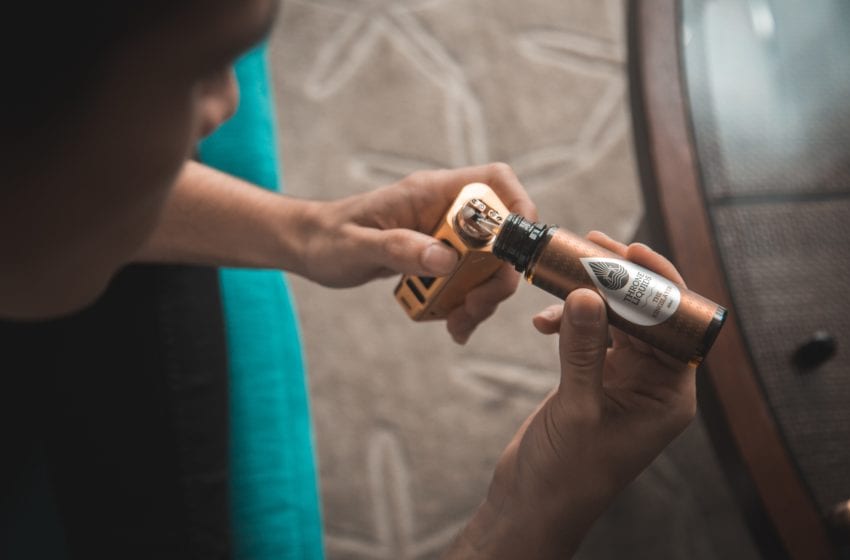
Vapor advocates have expressed concern about recent recommendations made by the World Health Organization (WHO) study group on Tobacco Product Regulations to prohibit electronic nicotine and non-nicotine delivery systems where the user can control device features and liquid ingredients. The WHO has also called for a ban on vaping systems that have a higher “abuse liability” than conventional cigarettes, for example by controlling the emission rate or flux of nicotine.

Clive Bates, a tobacco harm expert and former director of Action on Smoking and Health (ASH), called the advice irresponsible and bizarre. “If governments take it seriously, they will be protecting the cigarette trade, encouraging smoking and adding to a huge toll of cancer, heart and lung disease,” he said.
The U.K. Vaping Industry Association (UKVIA) said the WHO is out of touch with growing evidence on the public health potential of vaping. “Certain WHO positions are now so out of date, and so thoroughly refuted by the experts, that they may as well be saying the earth is flat,” said John Dunne, director general at the UKVIA, in a statement. “They deviate dramatically from leading experts, including Public Health England and Action on Smoking and Health.”
Dunne cited the WHO’s assertion that there is “little evidence” for vaping’s role in helping people quit smoking. As early as 2019 clinical trials were finding vaping to be almost twice as effective as nicotine replacement therapy, he noted.
This month, Public Health England (PHE) found in its Vaping Evidence Review 2021 that smoking quit rates involving a vaping product were higher than with any other method in every single English region.

“For the WHO to hold such contrary views is either bad science or bad faith. Both risk it becoming an enemy of harm-reduction,” said Dunne.
“Vaping’s success as an industry, and its potential for public health improvements, is built on empowering personal choice,” he added. “Different systems, styles and flavors give consumers the options they need to leave combustible cigarettes behind. I would urge the WHO to engage with vapers, to hear their stories and discover the life-changing decisions they’ve made in their lives. Prohibition is simply not the answer.”
The WHO is scheduled to hold a summit on vaping, during the Conference of Parties to the WHO Framework Convention on Tobacco Control (COP9) in The Hague in November 2021. Following its exit from the European Union, the U.K. will send a national delegation the meeting. The UKVIA was among expert guests invited by the All-Party Parliamentary Group for Vaping to advise on the COP9 delegation’s approach.
“The UK has a genuine opportunity to promote harm-reduction as a valid, progressive strategy for public health on the world stage,” said Dunne. “We must not allow misinformation to undermine this potential, irrespective of the source.”

